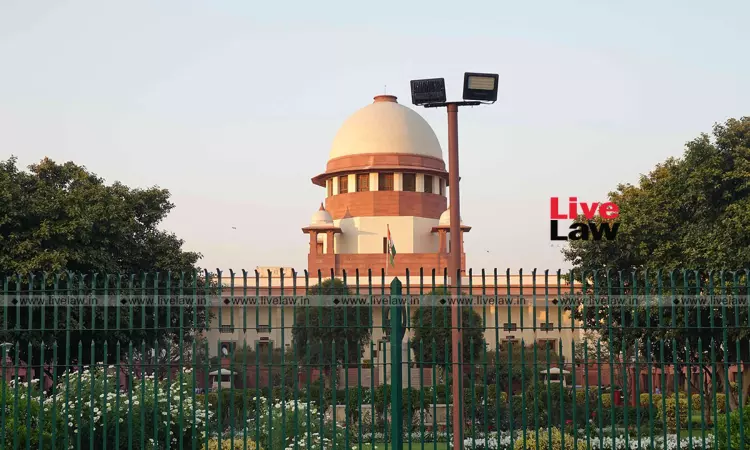In a significant judgment, the Supreme Court has held that government employees cannot be denied the annual increment merely because they are to retire on the very next day of earning the increment.A bench comprising Justices MR Shah and CT Ravikumar was deciding the issue "whether an employee who has earned the annual increment is entitled to the same despite the fact that he has retired on...

